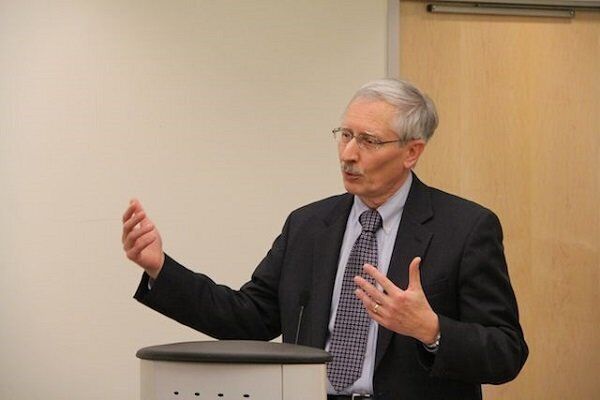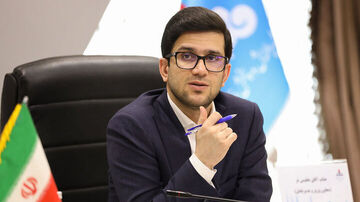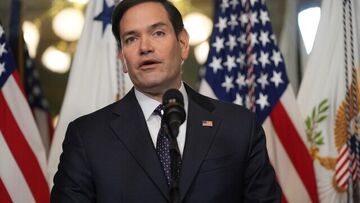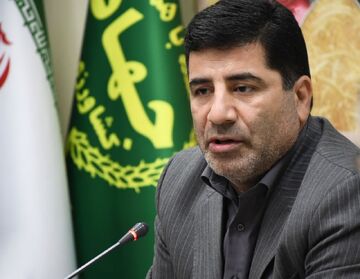TEHRAN(Bazaar): Richard Kauzlarich, former US Ambassador to the Republic of Azerbaijan, believes that Turkey's economic downturn and Iran's international isolation due to sanctions; A serious obstacle to the activities of these countries in the ECO.
Following is the text of the Bazaar interview with Richard Kauzlarich:
Bazaar: What is the importance of regional trade blocs for the economic and trade growth of member countries?
Kauzlarich: Regional trade arrangements can reinforce global trade commitments through the World Trade Organization. The most successful – the EU and the US/Mexico/Canada Agreement (USMCA) – are based on substantial trade among the partners and shared commitment to free markets and fair trade.
Bazaar: The ECO comprises a population of half a billion, owns one-third of the world's energy resources, has a unique connection between Europe and China, and Russia, the Persian Gulf and the Indian Ocean, and a young and powerful workforce. What is the reason for the ineffectiveness of this organization despite such potential?
Kauzlarich: From what I understand, ECO lacks substantial trade relations among its members to justify the development of EU-like economic relationships. Further, the missing element of promoting open markets for mutually beneficial trade relations also holds ECO back. All ECO members face substantial economic challenges in responding to the COVID-19 crisis.
Bazaar: The 15th Economic Cooperation Organization (ECO) Summit was hosted by Ashgabat, Turkmenistan. Considering Iran's membership in the Shanghai Organization and Iran's important position in connecting China to Europe; Russia and Central Asia to the Persian Gulf Will we see a change in the ECO?
Kauzlarich: It will take more than one country to move ECO to a more practical stage. Iran’s international isolation due to its failure to return to the JCPOA will limit what it can do. Turkey is undergoing a domestic economic downturn which limits its potential to lead ECO.
Bazaar: Despite high trade potentials, trade within eco-zones is still less than 10%. How can this amount be increased? Do the countries of this organization basically have the potential to increase intra-regional trade?
Kauzlarich: As noted above, the lack of substantial trade and other economic relations among ECO members limits the growth potential of the ECO-zone. Further, these countries must compete with Russia and China for market share, especially in Central Asia. There is a potential for strengthening transport links, but there are competing visions of north-south versus east-west routes. Here too, the lack of substantial trade limits the profitability of transportation relations.















نظر شما